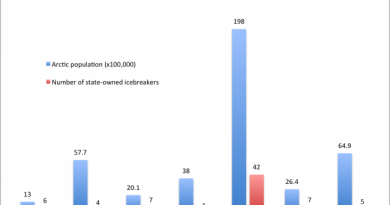Civil liberties in Arctic Canada need to be monitored amidst pandemic, experts say
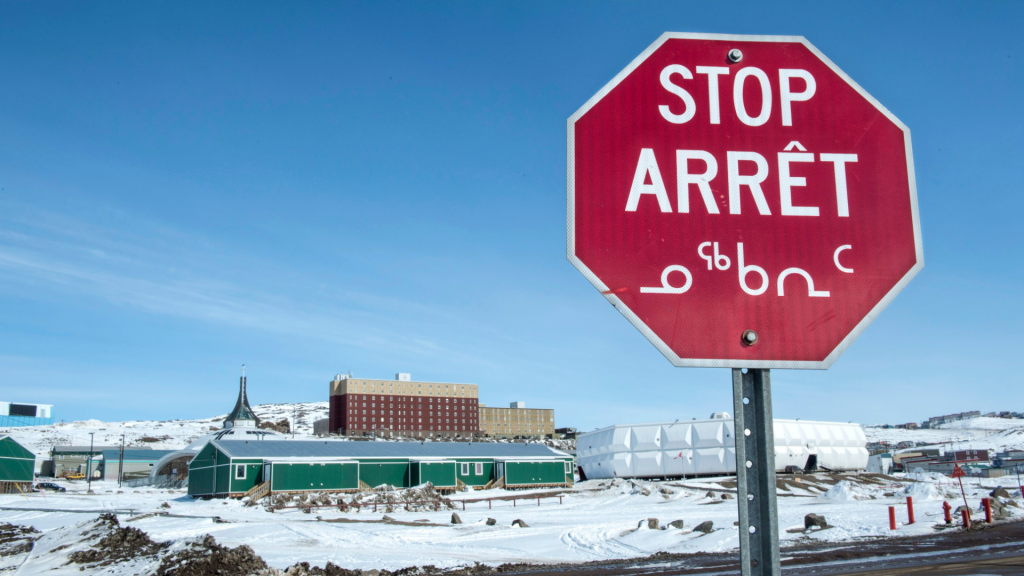
Civil liberties experts say governments across Canada, including in the North, need to be extra cautious when putting legally binding public health orders into place.
Governments across the country are curbing civil liberties as they invoke emergency measures to mitigate the spread of COVID-19.
In Nunavut, public health orders issued under the Public Health Act restrict travel, assembly and religious practice in groups.
In the Northwest Territories and Yukon, borders are also closed to all non-residents and anyone returning to the territories has to self-isolate for 14 days.
Those measures are widely seen as necessary to address the pandemic.
“I think it’s absolutely necessary at this time,” Iqaluit resident Nicole Giles said. “I think it’s the only way we as a community are going to survive this at all.”
Giles speaks regularly by phone to her dad, who is upset about not seeing his grandchildren.
“But in times of war, we all have to make sacrifices … I would rather miss my vacation, I’d rather Dad have to stay at home and be upset than have everyone I love die.”
Dialogue vs. legal orders
But experts warn that any curb on people’s liberties, such as those enshrined in Canada’s Charter of Rights and Freedoms, needs to be closely watched.
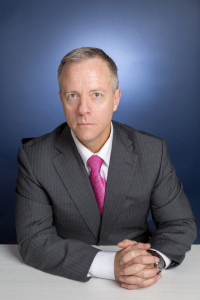
Michael Bryant, head of the Canadian Civil Liberties Association, says his organization is concerned with Canadian politicians’ recent move away from dialogue and toward enforcement of public health orders.
In Nunavut, an order issued March 23 by the Nunavut government gives RCMP, wildlife, bylaw and peace officers authority to conduct warrantless searches of homes in some cases.
“If the focus becomes about punishment then you will end up driving people to avoid getting caught as opposed to complying with the behaviour,” Bryant said from his office in Toronto.
“Leaders need to engage in leadership and advocacy and base everything on evidence, not finger-wagging and frustration, which we’ve seen a lot of lately.”
‘Power is like a virus’
Now, more than ever, Canadians need their elected leaders to be transparent and accountable but there’s been the opposite trend recently, said Bryant.
Three departments with the Nunavut government denied CBC interview requests on how the pandemic will impact the civil liberties of Nunavummiut.
“We conduct daily press scrums with the media that are televised live for the public,” a government official said in an email.
But a scrum does not allow for an informed conversation for the public’s benefit like an interview does, said Bryant.
“There are many questions that are not being asked and answered because of the lack of availability of territorial politicians.”
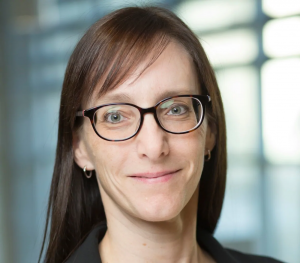
Governments in Canada operate with too much administrative secrecy during non-pandemic times because they are so risk-adverse, he said.
A state of emergency can create a culture of arrogance within governments on top of that secrecy, said Bryant.
“Power is like a virus, it infects and it grows and it inflates people’s egos.”
But governments across Canada have been following a democratic process as closely as possible, another expert says.
Barbara von Tigerstrom is a professor at the University of Saskatchewan who specializes in health laws, which generally include emergency public health measures.
“I think they’re doing as well or better than governments anywhere in the world, who are all struggling,” von Tigerstrom said.
Canadian governments all tried voluntary approaches first before escalating to mandatory measures with enforcement, she added.
“That’s more respectful of our rights and our culture in Canada of respecting rights.”
The public needs to realize the need for quick decisions with limited and daily-changing information during a pandemic, said von Tigerstrom.
That means making some hypothetical decisions that impact individuals’ liberties for the sake of public health.
“That’s the tricky line to draw: how much freedom to give governments to limit our freedoms.”
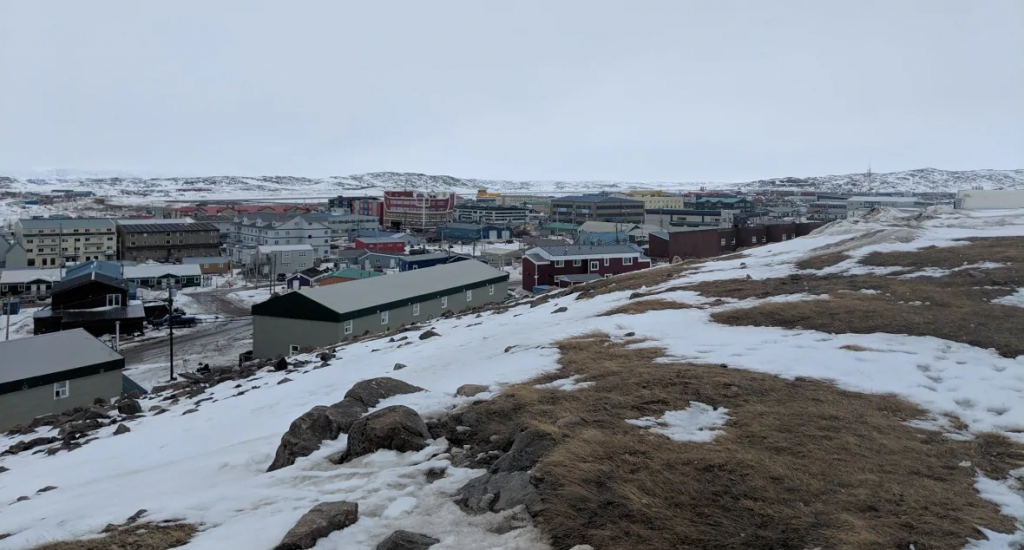
All public health emergency legislation in the country has “sunset clauses,” which means emergency orders need to be reviewed and justified regularly, von Tigerstrom said.
In Nunavut, that period is every 14 days.
But von Tigerstrom said the pandemic is impacting some in Canadian society much more than others, revealing glaring gaps in equality.
MP says civil liberties already unequal pre-coronavirus
Mumilaaq Qaqqaq, Nunavut’s MP, told CBC News that the pandemic highlights the territory’s longstanding crises in housing, infrastructure and affordable living.
“If these barriers were already removed, we wouldn’t be as concerned, frustrated, stressed out as we are, and it’s been because of the federal government neglecting Nunavut for decades,” she said from self-isolation in Ottawa.
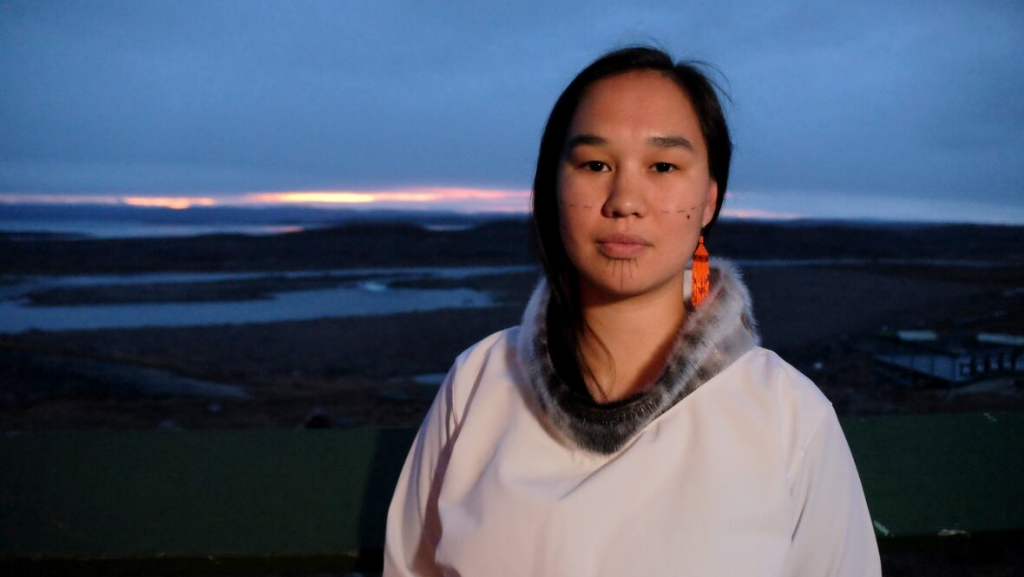
The civil liberties of Nunavummiut were already unequal to many other Canadians before the pandemic, she said.
For example, freedom of mobility: for family members in one Nunavut community to visit family in a neighbouring community, they need to spend thousands of dollars they often don’t have, said Qaqqaq.
“Civil liberties and basic human rights were a huge issue before the pandemic,” she said, “and now we’re seeing the consequences of the lack of action in providing those civil liberties and basic human rights from the federal government.”
Related stories from around the North:
Arctic: Roundup of COVID-19 responses around the Arctic, Eye on the Arctic
Canada: Arctic Canada: here’s why Nunavut will name a small community with a COVID-19 case, Eye on the Arctic
Finland: Visits to commercial establishments down sharply in Finnish Lapland, Google data, Yle News
Greenland: COVID-19: Arctic science expedition postpones flight campaign after trainee tests positive for virus, Eye on the Arctic
Norway: Norway to focus on civil society, press freedom as chair of Barents Euro-Arctic Council, The Independent Barents Observer
Russia: Arctic oil plans in Norway and Russia disrupted amid COVID-19 crisis, The Independent Barents Observer
Sweden: Why are Sweden’s politicians taking a different tack for coronavirus?, Radio Sweden


